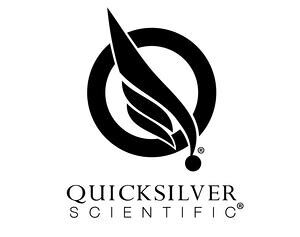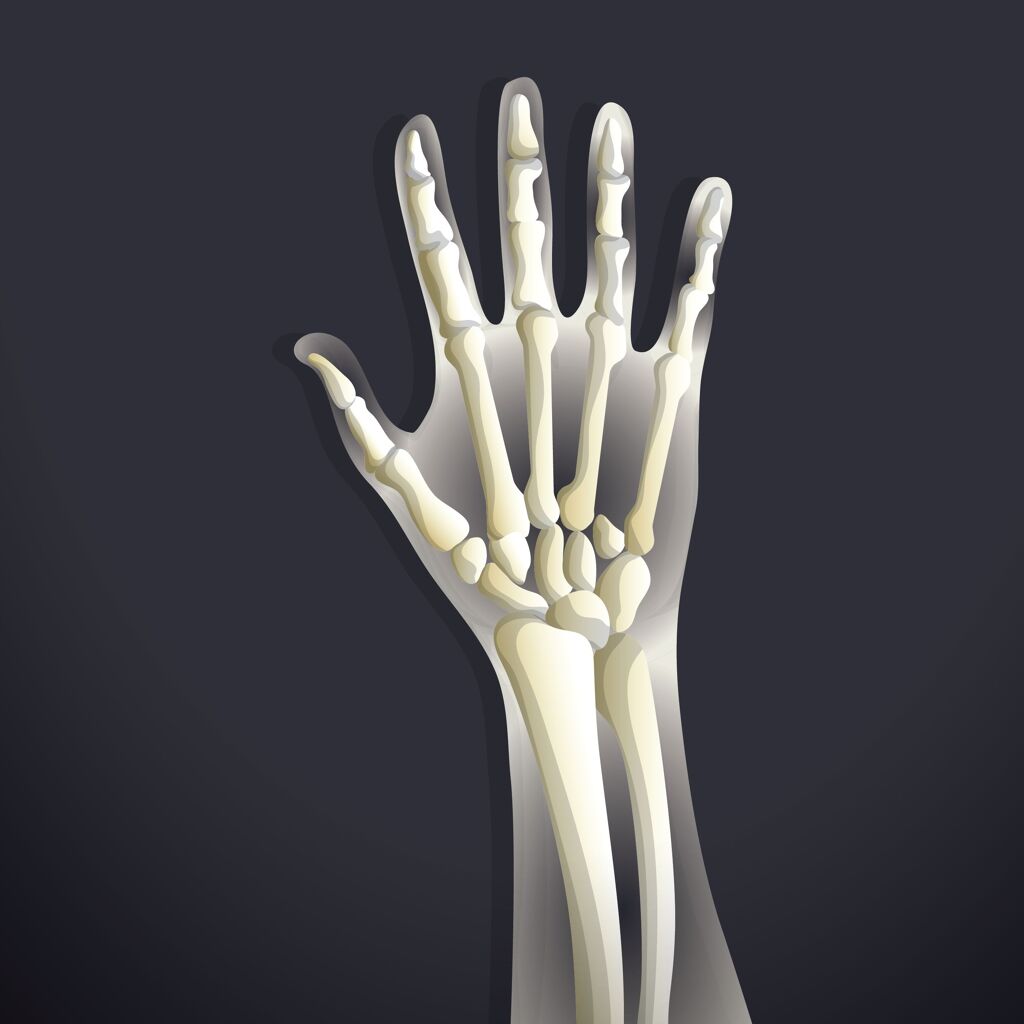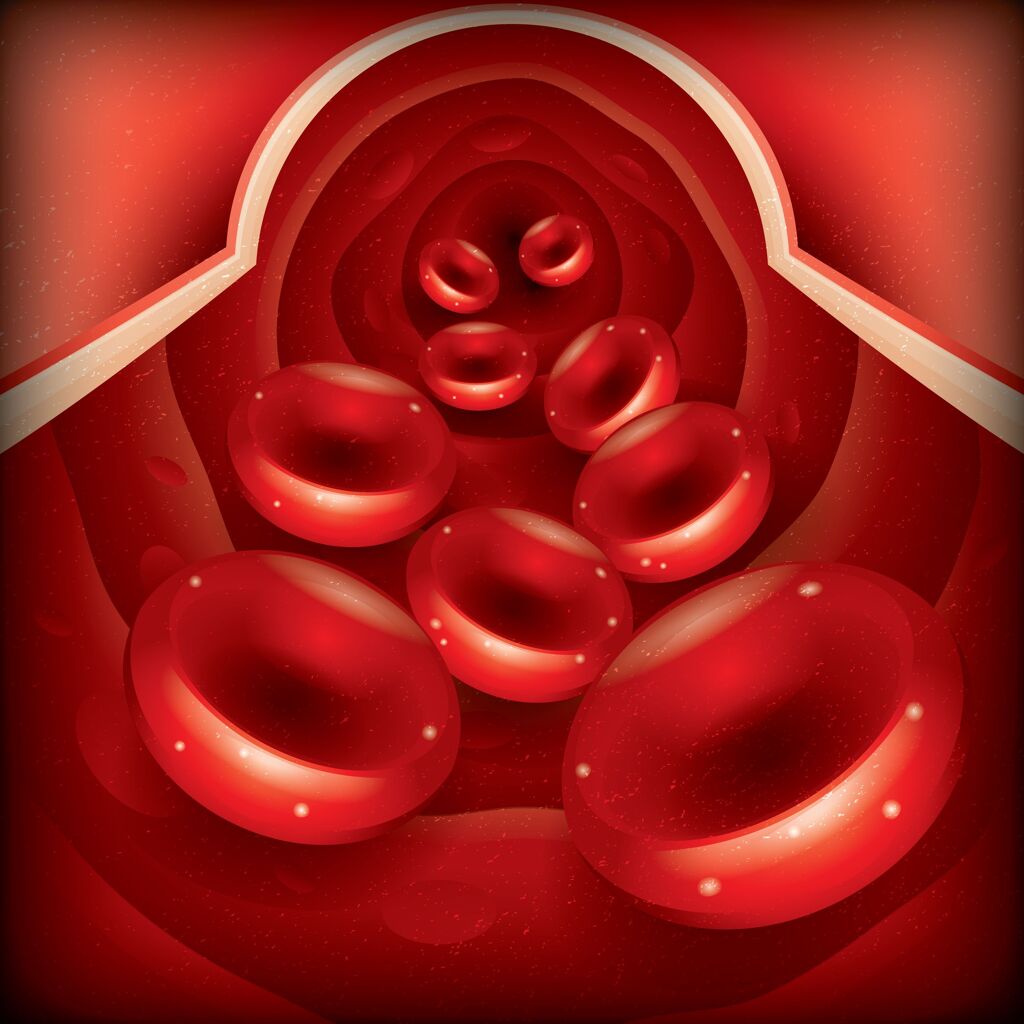To Supplement or Not to Supplement?

Nutritional or dietary supplements have become popular. Should you be taking them or not?
There are many reasons why, in our modern lives, we do not get adequate nutrition from the food we eat. Given that this applies to just about everyone in modern society, it is often necessary to use supplements.
Why We Need Supplements:
- Poor diet: About 75% of the US population does not consume the recommended intake of fruit, and more than 80% do not consume the recommended intake of vegetables (1). In fact, 95% of Americans are deficient in vitamin D, 94% in vitamin E, 61% in magnesium, 51% in vitamin A, 49% in calcium, 43% in vitamin C, 15% in B6, 13% in folate, 12% in zinc, 8% in iron, 5% in copper and 4% in B12 (2). This is due to our modern diet of inadequate vegetables and fruits coupled with excessive amounts of processed foods. Processed and refined foods have been shown to be so devoid of nutrients that governments have mandated fortification of foods like processed grains with certain vitamins and minerals such as folic acid, riboflavin, vitamin D, iron, calcium, and others. Iodized salt has iodine added because goiter used to be more common due to iodine deficiencies from poor dietary choices.
- Less diverse diet: We do not eat, nor do we even really have access to, the diversity of food types that our ancestors ate. Additionally, many of the foods we do have access to have been bred for taste and flavor, not nutritional content. Many wild ancestors of modern plants had far more nutrition and phytonutrients as compared to the modern varietals that we eat today.
- Poor soil quality: Current modern farming practices, such as over-cropping and overgrazing, have depleted the soil of vitamins and minerals. This has led to a lower nutrient content in the foods grown in the soil. One study found “reliable declines” in the amount of protein, calcium, phosphorus, iron, vitamin B2 and vitamin C in vegetables and fruits grown in depleted soil over the past half century (3). In addition, once harvested, the nutritional content of vegetables and fruits declines over time. Produce is stored and shipped for weeks and is unfortunately not very fresh by the time it arrives on our supermarket shelves.
- Toxic load due to chemicals exposure: Our food supply today is contaminated. There are many chemicals found in our food due to farming practices and chemicals in the environment. These include heavy metals, pesticides, industrial chemicals, pharmaceuticals, radioactive elements, electronic waste pollutants, plastics, nanoparticles and others (4). Furthermore, we are exposed to countless industrial chemicals. “In reality,” Lynn R. Goldman, Former Assistant Administrator for Toxic Substances at the U.S. Environmental Protection Agency (EPA) said, “we really don’t know how many chemicals are currently in commerce in the United States” (5). It is estimated that there are somewhere between 25,000 and 84,000 industrial chemicals in the United States (5). Our bodies’ toxic loads are therefore increased by this unprecedented exposure to all sorts of chemicals. When subjected to this level of chemicals and toxin exposure, the body requires more nutrients to detoxify and cope.
- Chronic stress: The American Psychological Association’s 2010 Stress in America survey found that “most Americans are suffering from moderate to high stress, with 44% reporting that their stress levels have increased over the past five years” (6). Stress has many negative effects on health and requires more nutrients to combat these damaging effects. It depletes many important vitamins and minerals, namely B vitamins, C, E and magnesium, which can lead to nutrient deficiencies, fatigue, weakened immunity and possibly other illnesses if not addressed.
- Widespread use of medications (birth control, antibiotics, antidepressants, painkillers, NSAIDs, etc.): Nearly 70% of Americans are on at least one prescription drug, and over 50% take two (7). 20% of patients are on five or more prescription medications, according to Mayo Clinic and Olmsted Medical Center researchers (7). Most medications, including OTC ones, cause a depletion of important vitamins and minerals. The result is that most Americans, on medication, are depleted in some essential nutrients. For a tool to find out researched nutrient depletions associated with particular medications or combinations of medications, visit: https://mytavin.com
- Poor gut health impairs absorption: One function of a healthy gut is nutrient absorption from the food we eat. If gut function is not strong, then nutrients will not be well absorbed from the diet. We have a near epidemic of gut issues today due to all of the reasons mentioned above; poor diet, less diverse diet, exposure to toxins, stress, medications. This reduces our ability to absorb nutrition from our food. The overuse of antibiotics together with excessive hygiene practices and increases in procedures which are elected and not medically necessary, like Caesarean section birth, have all contributed to gut microbiome changes. The bacterial populations in the gut are important for absorbing and even creating certain nutrients in the body. For these and many other reasons, gut health is a critically important variable for nutrient delivery and absorption.
To Read About Blog Topic, Scroll Down
Want To Work With Our Clinic?
Do you have a chronic or mystery illness that no one has been able to help you with? Are you simply wanting to re-connect with a healthier version of yourself? It’s Time To Finally Feel Better!
Vitamin and mineral deficiencies are often common as a result of these factors. Deficiencies often lead to symptoms and physical problems that are difficult to identify. For example, these deficiencies could lead to symptoms of fatigue, reduced ability to fight infections, or impaired cognitive function (concentration, focus or memory issues), mood issues such as depression or anxiety and other problems. Micronutrient inadequacies can also have longer term consequences for health and increase the risk of chronic disease like cancer, cardiovascular disease, type 2 diabetes, osteoporosis and others. This is why it can be important to use supplementation for certain health conditions as part of the therapeutic approach.
Even a healthy person can become depleted due to all of the reasons above, so supplements are often helpful for the maintenance of good health. The supplements that are often required for simple maintenance of good health are:
- B vitamins: Especially if you don’t eat liver, nutritional yeast, and lots of vegetables. Supplemental B12 is very important for vegetarians and vegans who often don’t get enough.
- Omega 3: Especially if you don’t eat at least 1 pound of cold water fatty fish per week. We typically recommend Cod Liver Oil because it also contains pre-formed vitamin A that is often deficient in people who do not eat liver.
- Magnesium: We like Magnesium Glycinate as a preferred form.
- Probiotics: Especially if you don’t eat fermented foods daily like sauerkraut, kim chi, kvass, plain unsweetened yogurt or kefir preferably full-fat and from grass-fed cows.
- Vitamin D: Especially if you don’t get at least 15 minutes of sun exposure on arms and/or legs without sunscreen between the hours of 11am – 3pm at least 5 days per week. When supplementing with Vitamin D, make sure you add Vitamin K2 as well.
- Multi vitamin & mineral: Most are not shown to be helpful in the research. This is likely due to a quality issue. Professional supplement brands use better forms and ratios of vitamins and minerals as compared to most products found on the supermarket shelves. For this reason, we have put together a ‘sustain and maintain’ supplement pack that covers the most important vitamins, minerals, probiotics, magnesium, fish oil, and liver detoxification support all in one simple AM and PM packet. For details and ordering, email [email protected]
- Collagen protein: Glycine is an amino acid found in collagen. It is generally consumed in insufficient quantities for optimal connective tissue and collagen formation. You can take collagen or you can take straight glycine. It is even more important to do so if there are joint issues, methylation defects like MTHFR genetic mutation or sleep issues.
- Choline: Especially if you do not eat many eggs or liver, which are the top sources of choline in the diet. Adding sunflower lecithin or phosphatidylcholine as a supplement can help.
- NAC, ALA, Carnitine, and CoQ10 (as ubiquinol): For people focused on longevity and enhanced energy, mitochondrial support with these supplements can be very helpful.
In addition to the importance of taking supplements, it is also critical to take high-quality supplements. There are a number of retail supplements available that have fillers, additives, synthetic compounds and poorly absorbable ingredients. It is best to consult a professional to ensure that you take the supplements that are right for you and are of the best quality. In order to help you choose professional brands that are third-party lab tested, we’ve set up an online store with access to all the supplements mentioned on this page and more. Only high-quality brands vetted by us make the cut. View our store here: https://us.fullscript.com/welcome/medicinewithheart
Whether you have a medical condition, want to maintain good health or don’t know which brands are the best and safest quality, don’t struggle with trying to decide on a supplement plan yourself. Come in to see us. We will work with you to develop a personalized supplement program to address your individual health needs. To find out more about working with us schedule a discovery call. If you just want to get a supplement pack for general wellness without a consultation, email us at [email protected] for more details on how to get started with supplement packs shipped direct to your door each month.
Want help with your health? Book a free health evaluation call to see if you are a good fit for our clinic by clicking the button on the left below. If you are a clinician interested in advancing your training, please check out our online worldwide functional medicine training institute by clicking the button on the right below.
Book My Free Phone Health Evaluation Functional Medicine Certification for Clinicians
References
- US Department of Health and Human Services and US Department of Agriculture. 2015-2020 Dietary Guidelines for Americans December 2015. Available at: https://health.gov/dietaryguidelines/2015/. Accessed 2/27/19.
- Fulgoni VL, 3rd, Keast DR, Bailey RL, Dwyer J. Foods, fortificants, and supplements: Where do Americans get their nutrients? J Nutr. 2011;141(10):1847-1854.
- Davis DR, Epp MD, Riordan HD. Changes in USDA food composition data for 43 garden crops, 1950 to 1999. J Am Coll Nutr. 2004; Dec. 23 (6).
- Thompson LA,Darwish WS. Environmental Chemical Contaminants in Food: Review of a Global Problem. J Toxicol. 2019; doi: 10.1155/2019/2345283.
- Identifying and Reducing Environmental Health Risks of Chemicals in Our Society. Roundtable on Environmental Health Sciences, Research, and Medicine; Board on Population Health and Public Health Practice; Institute of Medicine. Washington (DC): National Academies Press (US); 2014 Oct.
- American Psychological Association. 2011. Stressed in America. January 2011, Vol 42, No. 1. https://www.apa.org/monitor/2011/01/stressed-america. Accessed Feb. 27, 2019.
- Mayo Clinic. 2013. Nearly 7 in 10 Americans Take Prescription Drugs, Mayo Clinic, Olmsted Medical Center Find. https://newsnetwork.mayoclinic.org/discussion/nearly-7-in-10-americanse-prescription-drugs-mayo-clinic-olm-taksted-medical-center-find/. Accessed Feb. 27, 2019.
Are You Suffering From A Chronic Illness?
Does your current health situation look like this…
- Do you feel that you have tried many things and either nothing works, or the treatment does not hold?
- Have you been told that there is nothing that can be done to reverse your illness and you just need to manage symptoms?
- Does your illness impact your work, your family, your happiness and your social life?
We specialize in finding answers and solutions for complicated chronic illness when people feel like they have tried everything. If this sounds like you, book a free call with us to see if we are the right fit for your health goals.
Dr. Miles has spoken for the following organizations:


















Responses